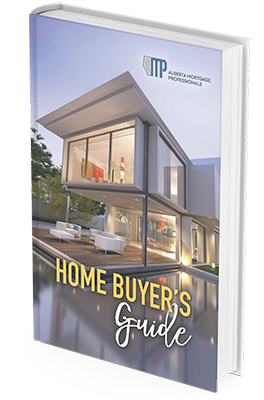Mortgage Blog
Quality advice, quality service and the best mortgage rates
Choosing Between a 3-Year and 5-Year Mortgage: What You Need to Know
August 7, 2024 | Posted by: Angela Robinson
With interest rates remaining high but on a downward trajectory, choosing the right mortgage term is crucial. Here’s a quick guide to help you decide between a 3-year and a 5-year mortgage, considering current market conditions and your personal needs.
Understanding Mortgage Terms
3-Year Mortgage:
- Fixed-Rate: Your interest rate stays the same for the entire 36 months. This stability is great for budgeting. Historically, 3-year fixed rates have been lower than 5-year rates, offering potential savings. Plus, you can benefit from lower rates sooner if the market improves.
- Variable-Rate: Payments fluctuate with the prime rate. While variable rates are usually lower, they can lead to unpredictable costs if rates rise. Recent trends have shown significant rate hikes, impacting those with variable rates harshly.
5-Year Mortgage:
- Fixed-Rate: Locks you into a rate for five years, providing long-term payment stability. This is ideal if you prefer predictability and want fewer renewals. However, if rates drop, you're stuck at the higher rate unless you pay a penalty to break the mortgage.
- Variable-Rate: Generally offers lower rates initially but can be risky if market rates increase. Current 5-year variable rates are higher than the 3-year options, but they might be advantageous if rates decrease significantly.
Current Market Outlook
Interest rates have been high recently but are expected to decrease. The Bank of Canada’s recent rate cut signals a potential downward trend, with predictions suggesting a 1% drop by the end of the year and stabilization around 5.2% by 2027. This trend impacts your choice of mortgage term.
Making Your Decision
- Short-Term (3-Year): Opt for a 3-year fixed-rate mortgage if you want to stay agile and potentially capitalize on falling rates sooner. This option offers lower initial rates and more manageable penalties if you need to break your mortgage early. However, prepare for the possibility of higher rates upon renewal.
- Long-Term (5-Year): Choose a 5-year fixed-rate mortgage if you prefer long-term stability and fewer renewals. Although current 5-year fixed rates are higher, they provide peace of mind with consistent payments. Consider this if you’re less concerned about short-term fluctuations and plan to stay put for a while.
- Variable Rates: If you’re comfortable with some risk and the potential for lower payments in a declining rate environment, a variable-rate mortgage could be beneficial. However, ensure your budget can handle possible increases.
Ultimately, your choice should align with your financial comfort zone, future plans, and risk tolerance. Whether you lean towards the stability of a fixed rate or the potential savings of a variable rate, understanding these factors will help you make the best decision for your mortgage needs.



